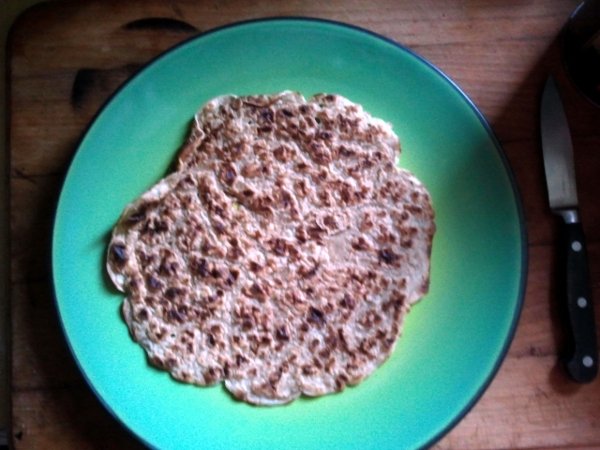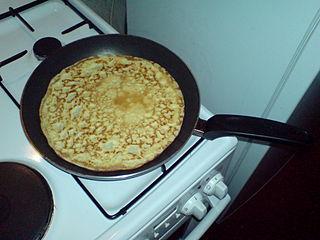 Today for breakfast I indulged in some sausages; not just any sausages, but Sainbury’s Outdoor Bred Pork Sausages. They were delicious and disappeared off the plate in double-quick time.
Today for breakfast I indulged in some sausages; not just any sausages, but Sainbury’s Outdoor Bred Pork Sausages. They were delicious and disappeared off the plate in double-quick time.
However, there was one thing that stuck in my throat: the product name.
Can inanimate objects – even ones made of once living matter – breed?
If so, I should congratulate Sainbury’s on this fine achievement in the field of al fresco coitus? If not, should I condemn their marketing department for coming up with an idiotic product name that’s a complete physical impossibility?
Digging further into this term, it is apparent that Sainsbury’s are not the only sinners here, as a quick image search for “outdoor bred” sausages will reveal. Moreover, if I had my way, Tesco, Waitrose, Rankin, Morrison’s, Marks & Spencer, Asda and many more suppliers should all be standing in the corner of the room with Sainsbury’s trying on the dunce’s hat for size. 🙂
Nevertheless, my suggesting that all these corporate grocers are a bunch of illiterates is perhaps being a bit hasty and an over-reaction. Time for some final research.
Consulting the Good Housekeeping Institute’s site, I find that outdoor bred actually has a specific meaning in food labelling terms, as follows:
As with Outdoor Reared, this tends to apply to pork and means the pigs are born outside. However, after a few weeks they’re brought inside for fattening.
So, outdoor bred is a proper food labelling term, although I do wish people would think more clearly about the connotations of naming products.





 Today for breakfast I indulged in some sausages; not just any sausages, but Sainbury’s Outdoor Bred Pork Sausages. They were delicious and disappeared off the plate in double-quick time.
Today for breakfast I indulged in some sausages; not just any sausages, but Sainbury’s Outdoor Bred Pork Sausages. They were delicious and disappeared off the plate in double-quick time.


